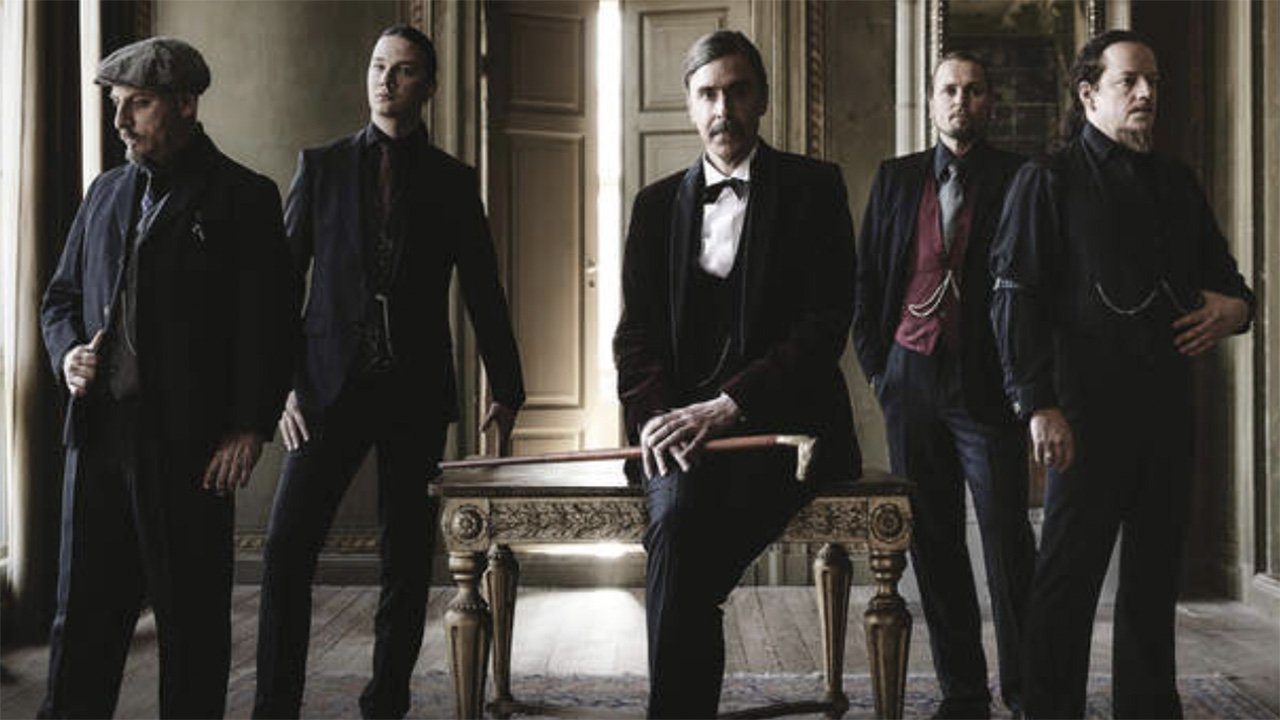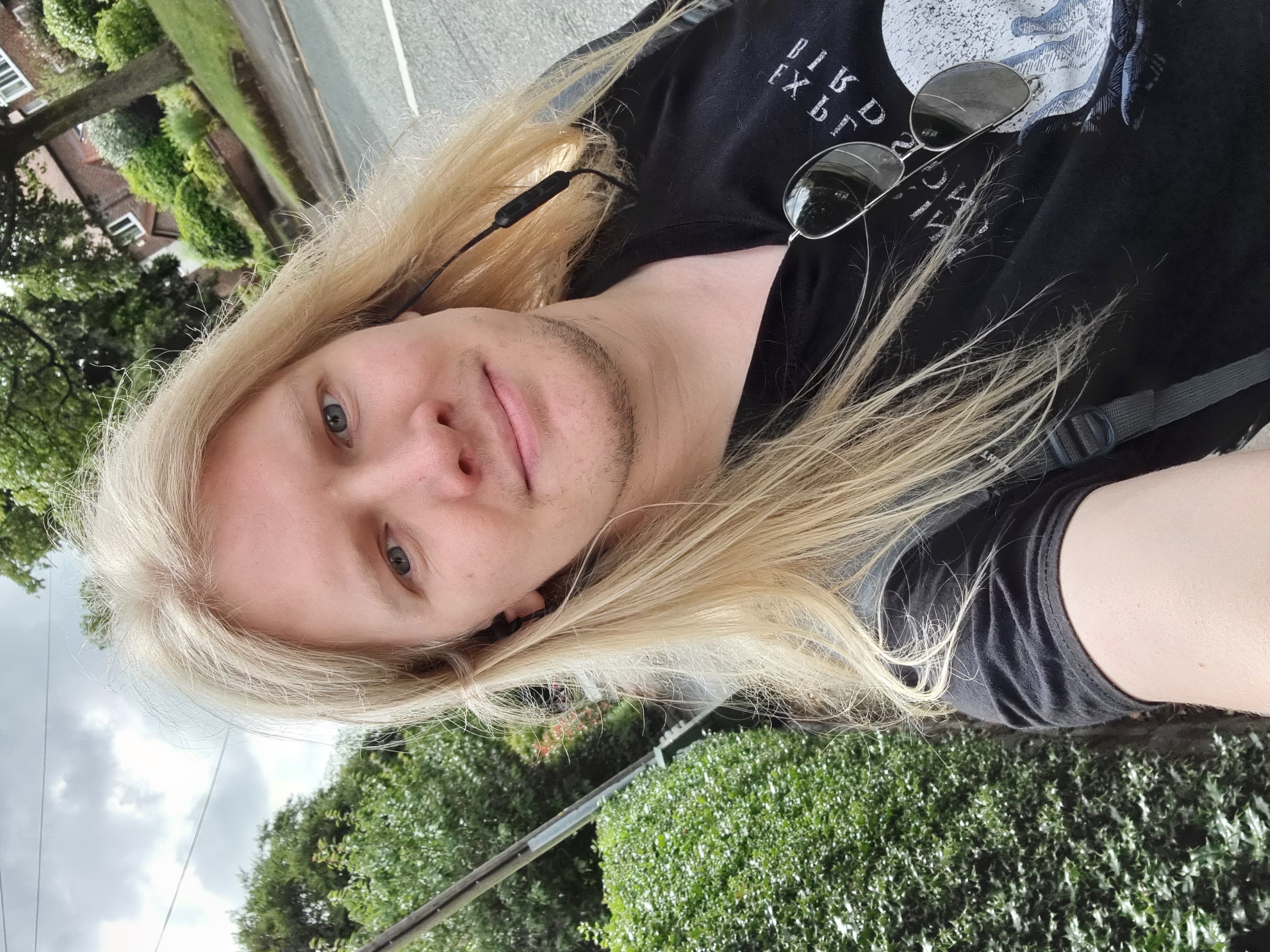When Opeth released the track §1 in August, it was their first new music featuring growled vocals in 16 years – but bandleader Mikael Åkerfeldt rejects the suggestion that The Last Will And Testament is a death metal record.
Instead, he says, their 14th LP represents a melding of their earlier aggression with vintage prog. “If you take those vocals away, it’s no big stretch. I think this album is slightly heavier; it’s much darker and evil, but I think they’re the only thing that could keep the prog guys away from this record.
“The rest is business as usual. To be honest, my heart is not in death metal. I’m after some kind of feeling. Music should be an emotional experience; and once I get that, I’m happy.”
He continues: “It’s a pretty happening record – there’s a lot of stuff going on. We don’t linger on parts like we did 20 years ago. I went with the flow of my own restlessness, which has resulted in quite a crazy record.”
Opeth’s progressive influences, and Åkerfeldt’s love for obscure 70s prog records, have taken hold over the past decade and a half. During that time, the hardcore portion of their fanbase has been clamouring for growled vocals to make a comeback. But why now?
“We’ve been doing anniversary shows, so we played a lot of old songs, and I thought my voice sounded good,” he says. “I didn’t have any plans to record with it. But as I started writing the music, I figured that style could be utilised to expand the sonic landscape and give the main character in the story a voice.”
The story unravels in the 1920s, with each track delivered as different paragraphs of a rich, conservative patriarch’s last will and testament. What follows is a slew of secrets, confessions and multilayered plot twists.
“I’ve been interested in the idea of families falling apart; what can make family members hate each other?” he asks. “I saw the Succession TV series and I was fixed to the screen, so I started thinking more and more about writing a concept record; and I went to this idea.”
Prog’s luminary storyteller Ian Anderson provides spoken word sequences as he plays the part of the patriarch – and even adds in a flute solo for good measure. Europe vocalist Joey Tempest also makes an appearance.
“I wouldn’t have guests on the records unless I felt that they could contribute something that I couldn’t,” Åkerfeldt says. “In this case, I don’t have that gravelly old-man voice like Ian. It just made everything so much better.
I’ve cried to Jethro Tull. Ian’s given me so much joy over the years
“I originally only asked for the spoken-word part, then an email comes in, like, ‘Do you need some flute?’ At the time I didn’t have a part, but I wasn’t going to say no! And, of course, in comes this fucking amazing solo.
“I’ve cried to Jethro Tull. Ian’s given me so much joy over the years, it’s incredible. Just to mention his name in the same sentence as this band is incredible. Joey Tempest is the same.”
Recorded at Rockfield Studios in Wales, the album includes co-production credits from both Åkerfeldt and Stefan Boman (Ghost, Graveyard). Opeth return to the UK and Europe in February 2025.



